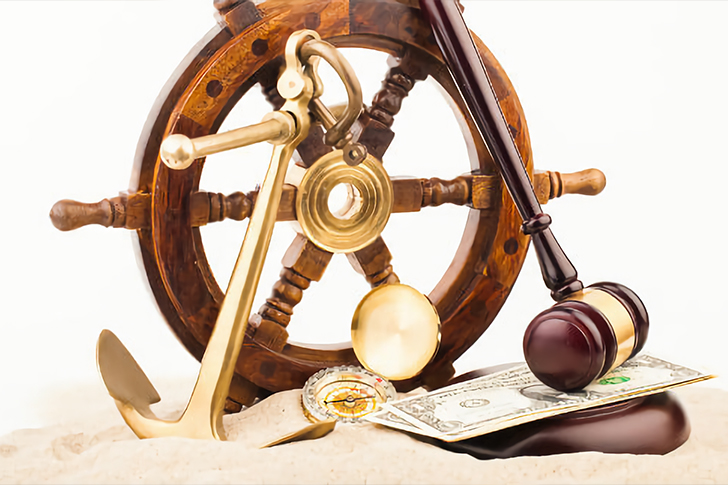Navigating Legal Seas: Maritime Law Firm Guide
Seeking the right legal help is crucial when facing maritime legal issues. Choosing an expert in maritime, admiralty law, or a cruise ship attorney can make a significant difference.

Navigating the complex waters of maritime law can be as challenging as steering a ship through a storm. Whether you’re a seafarer, a maritime worker, a cruise ship passenger, or the family left behind after a tragic offshore incident, finding the right attorney can make all the difference. From negotiating settlements to battling through court, here are some key pieces of advice to help you find the top maritime legal representation.
Understand Your Specific Needs
Maritime law is specialized, and within this field, there are sub-specialties. Some firms may focus on personal injury cases from offshore accidents, while others could specialize in cargo disputes or issues pertaining to cruise ship operations.
Evaluate the specifics of your situation to understand what type of maritime lawyer you require. If you’re hurt on a cruise, seek a cruise ship lawyer experienced in that niche. Similarly, for an offshore drilling injury, you’d want an offshore accident attorney well-reputed for handling such cases.
Do Thorough Research
Do not rely solely on a Google search for "maritime attorney near me." Instead, delve into each firm’s reputation, case history, and the outcomes of similar cases they’ve handled. Look for online reviews, testimonials, and professional accolades. Major directories for law practices and awarding organizations can provide indicators of a firm’s competence and success rate.
Law firm directories, publications by maritime associations, or peers' recommendations are great ways to consolidate a list of potential firms or attorneys.
Consider Expertise and Focus
Maritime law is governed by a combination of international, federal, and state laws. Lawyers with substantial experience are more likely to understand these laws' nuances and can leverage them in your favor.
Ask potential attorneys about the types of maritime cases they’ve handled and consider their win-loss record. Look for those with a concentrated focus on maritime law versus a broader, more generalized practice.
Consult Multiple Firms
Before making a decision, consult with several attorneys to get multiple perspectives. Very maritime law firms offer affordable initial consultations. Use these to gauge your comfort level with particular lawyers and ask about:
- Their ideal client
- Past relevant cases
- Approach in similar situations
- Firm’s resources
- Contingency fees or billing practices
Additionally, you can ask the attorney to walk you through common processes such as claim evaluations, dealings with insurance, arbitration, or trial proceedings.
Accessibility and Communication
Choose a lawyer you feel comfortable speaking with and who is accessible to you. Maritime cases may last months or even years – frequent and clear communication is critical. Make inquiries about who you’ll primarily interact with and their policy on returning messages.
The top lawyer for you will ensure they provide clear timelines and understandings, keeping you up-to-date with your case progress and being straightforward necessarily inclusive of both good and tough news.
Check Resources and Network
Well-established firms tend to have more intricate networks of contacts and resources, including medical professionals, investigators, and other maritime industry experts. These connections can be essential for substantiating claims and securing critical evidence.
Final Considerations and Fees
Remember your initial feeling post-consultation and ponder the advice presented to you. Disregard considerations like location, as shipping laws span international territories and dedicated lawyers will travel as required for your case.
Lastly, ensure transparent discussions about fees. Very maritime lawyers work on a contingency basis—they get paid if they win or settle the case. Clarify the percentage they take and how costs during litigation are handled.
Seeking the top maritime law representation is an investment in your case’s success. Smoothing out these preliminary yet possible rough waters ensures a fervent, seasoned attorney as your rightful advance, representing your utvery legal entitlements.
-
1

Ultimate Feast for the Eyes: Top Cooking Shows Every Foodie Must Watch!
-
2

Maximize the Lifespan of Your New Dental Implants with Expert Care Tips
-
3

Ascending with Ease: The Revolutionary Journey of Stair Lift Technology
-
4

Maximizing Your Walk-In Tub's Lifespan: The Ultimate Guide to Enhanced Performance and Durability
-
5

Unlock Bigger Savings: Master the Art of Using Your Gas Rebate Card!










